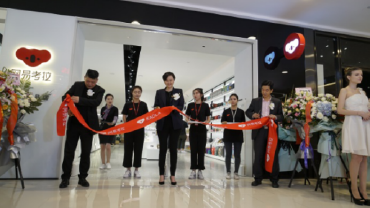Cross-border E-commerce Going Offline
Cross-border e-commerce companies are going offline in China. Read below to find out why
by Azoya Consulting
In April 2018, cross-border e-commerce platforms Tmall Global and Netease Kaola both opened up offline retail stores in Hangzhou, China.
In these stores, consumers can play around with, test, and order bonded foreign goods in an offline retail setting, with the goods being shipped from bonded warehouses to their homes by the end of the day.
This means that international merchants can sell to Chinese consumers in an offline retail setting without having to set up a China entity or undergo lengthy product registration processes, while Chinese consumers just have to pay cross-border e-commerce duties.
Instead of relying on friends/family overseas or daigou agents to purchase Australian milk powder or Japanese cosmetics, one can simply go to one of these stores and pay the same price.
Though still in pilot stages, there remains a lot of potential for international brands and retailers as online e-commerce becomes more and more crowded and companies entering the China market begin to seek other ways to grab the attention of Chinese consumers.
Offline retail stores for cross-border e-commerce have been in the works for quite some time, with the earliest O2O experience stores being launched in 2015.
However, they have always faced numerous hurdles as there are many restrictions on cross-border e-commerce goods, and consumers have to submit a host of different documents for transactions to be approved by customs authorities.
We classify the development of such stores into versions 1.0, 1.5, and 2.0, and discuss the potential implications in our deep-dive report, which you can download by clicking the link or picture below.
The opening of Kaola's Hangzhou store; credit: Netease Kaola Weibo page
